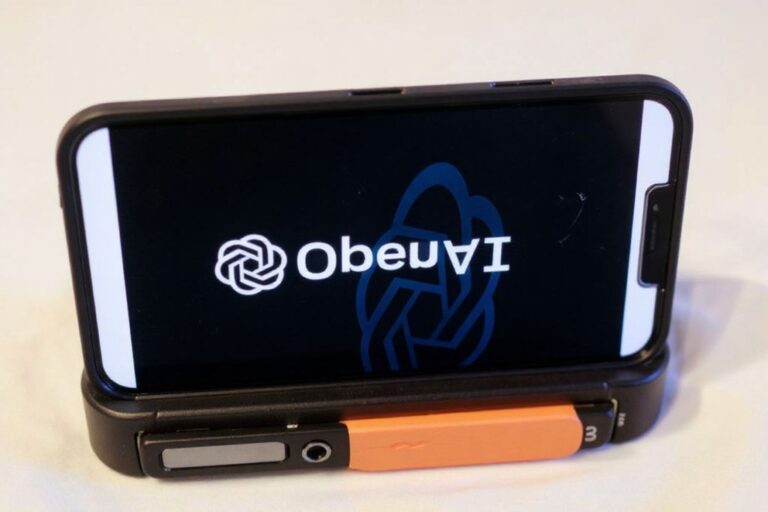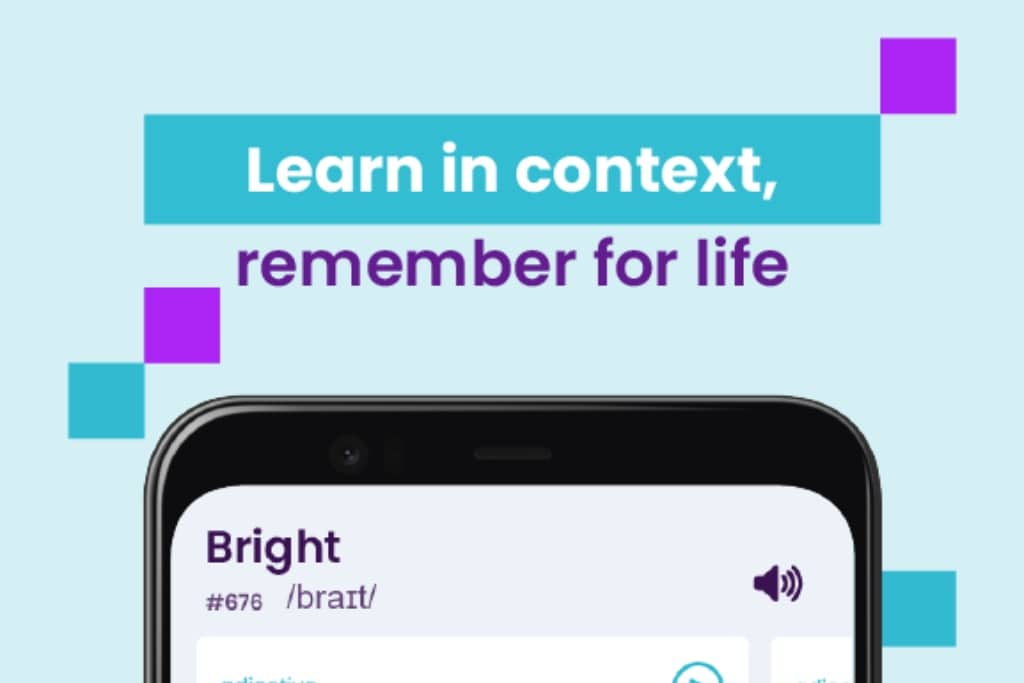
Can you lose your study visa if you used ChatGPT?
You might be thinking that there’s no way this could happen.
OpenAI’s artificial intelligence (AI) chatbot, has proved to be a powerful tool for teachers and students.
One high school English teacher in Oregon used this AI chatbot in her classes to create outlines for their essays on two 19th-century short stories (“The Story of an Hour,” by Kate Chopin and “The Yellow Wallpaper” by Charlotte Perkins Gilman”).
After they got the outline from the chatbot, the students placed their laptops aside and wrote their essays.
“They have to understand, ‘I need this to produce an outline about X, Y and Z,’ and they have to think very carefully about it,” the teacher told The New York Times.
At school, a Midwestern high school senior told The Washington Post that he used the chatbot for two homework assignments: a computer science quiz and a coding assignment.
Students have also used the chatbot for exams at various levels.
A Twitter user reportedly used the chatbot to take an SAT exam.
At the University of Minnesota and the University of Pennsylvania’s Wharton School of Business, professors shared that the chatbot passed law exams and another exam at the business school, CNN Business reports.
It looks there’s no homework, essay or exam that ChatGPT can’t do.
OpenAI’s latest release, GPT-4, is set to build on the mechanics of ChatGPT — providing students with a better, smarter, and faster chatbot.
According to The Guardian, the possibilities are endless.
Give GPT-4 a question for a US bar exam? It will write an essay that demonstrates legal knowledge.
Provide it with a medical module? It will apply biomedical expertise when you ask for variations.
The hype is real and the chatbot is powerful. But if you’re an international student, proceed with caution.
You could just lose your study visa if you’re not careful.
To understand why this is so, we must first know how ChatGPT is shaking up “education” as we know it.
 Some schools have outrightly banned the usage of ChatGPT in the school's network.
Some schools have outrightly banned the usage of ChatGPT in the school's network.
ChatGPT doesn’t sit well with professors and schools
So much so that there are K-12 schools in the US that have started to take action — even total bans.
One representative from Seattle Public Schools shared that the district banned ChatGPT from all school devices.
“Like all school districts, Seattle Public Schools do not allow cheating and requires original thought and work from students,” the representative told Geekwire.
Los Angeles Unified School District was one of the first districts to block the site on Dec. 12, 2023 — a move to “protect academic honesty,” says a spokesperson to the Washington Post.
Educators at higher education institutions have voiced their opinions too.
A University of Bristol spokesperson told BBC: “ChatGPT’s unauthorised use, like that of other chatbots or artificial intelligence software, would be considered a form of cheating under our assessment regulations.”
Their reactions stem from the long-held belief that studying means conducting research, collecting information and writing our thoughts based on them.
A chatbot doing it for us means we are not studying. Worse still, it is considered plagiarism, where you copy info from the Internet without proper citation of sources.
At best, you could fail a paper or class.
The worst scenario? You could get suspended or expelled from uni, which could lead you to lose your study visa.
 Cheating and plagiarism is the most common reason behind expulsion from universities.
Cheating and plagiarism is the most common reason behind expulsion from universities.
How do unis decide whether to suspend or expel a student
In simple terms, expulsion is the act of getting kicked out of uni.
Its milder younger sister, suspension, is when a uni mulls over what to do with you. You will be forced to leave your institution, but only temporarily.
You could be expelled for several reasons — from infringements of your academic integrity to more serious offences like sexual misconduct.
Usually, they are clearly written in your student handbook or uni’s rulebook.
Do note that uni can expel students for more specific circumstances as well.
US universities, for example, made headlines for “disenrolling” unvaccinated students. A week into the Russia-Ukraine war, Russian students faced threats of being expelled from US universities or deported altogether.
 This picture taken on January 23, 2023 in Toulouse, southwestern France, shows screens displaying the logos of OpenAI and ChatGPT.
This picture taken on January 23, 2023 in Toulouse, southwestern France, shows screens displaying the logos of OpenAI and ChatGPT.
Expelling or suspending students for using ChatGPT
Since ChatGPT launched in Nov. 2022, most institutions would have been blindsided by this piece of tech.
The result? Unis just don’t have the rules to cope with this kind of plagiarism. Plus, it’s hard to detect plagiarism by an AI chatbot — for now.
That’s because AI writing tools use natural language and grammar to craft “unique and almost individualised content,” even if the content is drawn from a database, according to Aaron Leong from Digital Trends.
Unis, however, have started to adapt.
South China Morning Post (SCMP) reported that students at the Chinese University of Hong (CUHK) may be expelled if they use AI tools, including ChatGPT, improperly or without authorisation in their work.
SCMP also reported that students at Baptist University, another uni in Hong Kong, were told they would be committing plagiarism if they took words or ideas from other sources, including ChatGPT and other AI technologies.
The penalties include reduced grades, course failure, suspension and dismissal.
 Lose your study visa status and you'll have to leave the country within a certain period of time.
Lose your study visa status and you'll have to leave the country within a certain period of time.
Suspension and expulsion can lead you to lose your study visa
Yes, you’ve read that right. In most countries, an international student is only legally allowed to stay there to study. Being a student of a university is a requirement for your study visa.
If you can’t study, you’re not meeting this requirement. And your study visa is deemed invalid.
Both suspension and expulsion from the uni will affect your status as an international student. According to Monash University’s website, the uni reports any case of suspension and expulsion to the Department of Education, which may result in the cancellation of a student’s study visa.
On the University of Bath’s website, students are told to return home to their home country if they have been suspended from their studies.
The same applies in the US. One UNC Charlotte document, “Academic Dismissal and Effects on Immigration Status for F-1 and J-1 Students,” states:
“If an F-1 or J-1 student is academically dismissed (suspension or termination) during or after the
semester resulting in the inability to enroll for classes, there can be severe immigration consequences.”
These consequences include their International Student and Scholar Office terminating your SEVIS record, a federal law requirement.
This is immediately after the date in which the dismissal letter was issued.
“Once your SEVIS record is terminated, you will be considered ‘Out of Status’ and you must leave the US immediately or request reinstatement from the Department of Homeland Security,” the document read.

WordUp was founded by a serial entrepreneur couple, Paymon Khamooshi and Somayeh Aghnia. Source: Paymon Khamooshi
Alternatives to ChatGPT to help international students ace their exams and essays
When used correctly, AI can enhance our learning process.
Enter WordUp. With cutting-edge technology, users of this platform can choose the industries, domains, and topics they are interested in.
The app will identify every English word the user will likely encounter in their life — forming a knowledge map for users to uncover their existing knowledge and identify every word in the map they should still learn.
“Through [ChatGPT] and Dall-E AI integration, the teaching system of WordUp is highly contextualised, interactive and dynamic, allowing users to compare each word with its synonyms to comprehend each word’s application in the right circumstance,” Paymon Khamoosh, co-founder and CEO of WordUp, tells Study International.
WordUp is set to include other language components in WordUp, such as writing, listening and speaking through AI.
“Lexi, our AI virtual teacher character, will act similar to a personal private tutor, helping the users to write better, speak and perfect every aspect of their English,” he shares.










